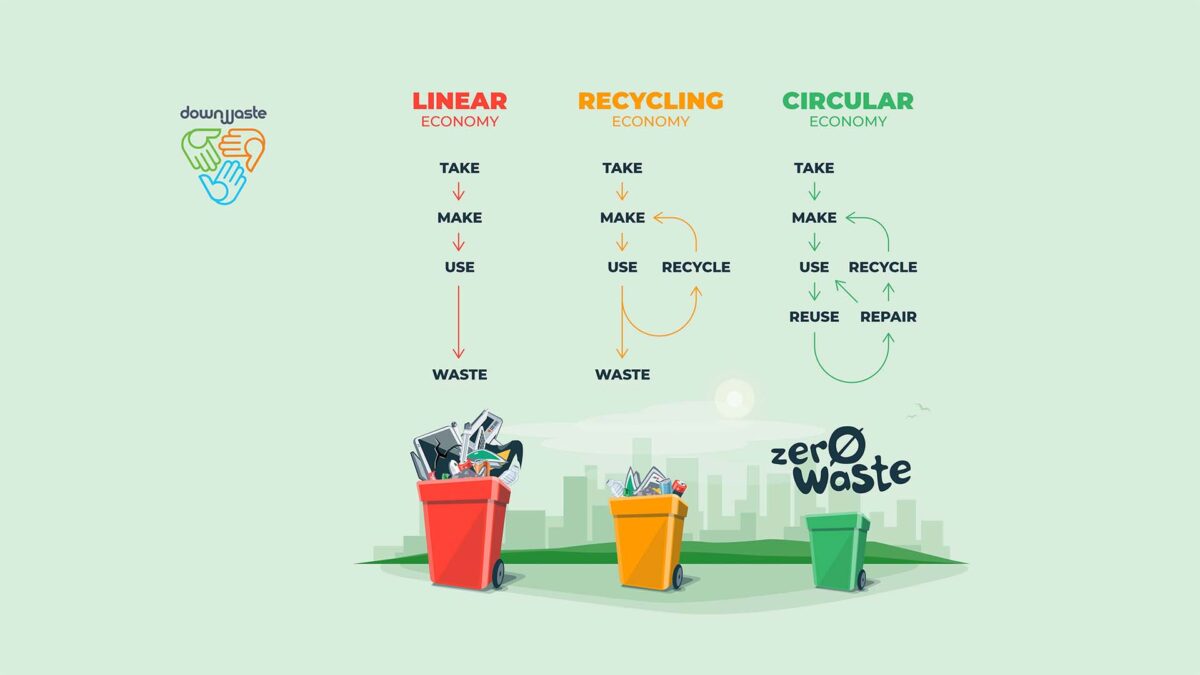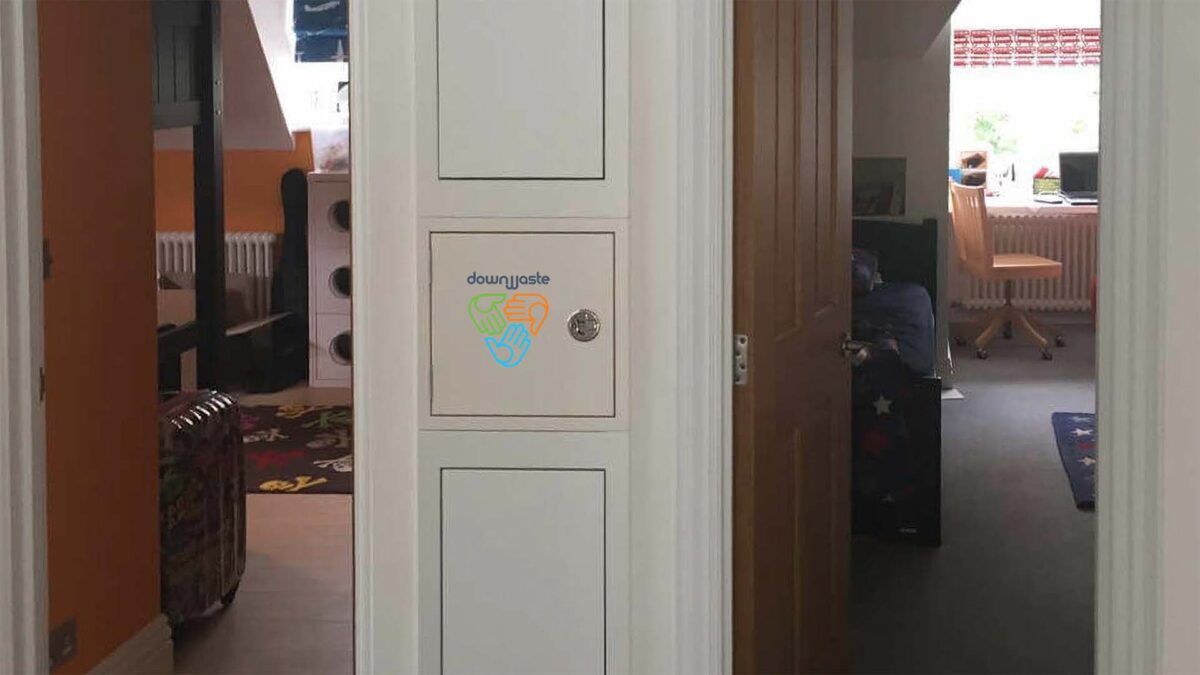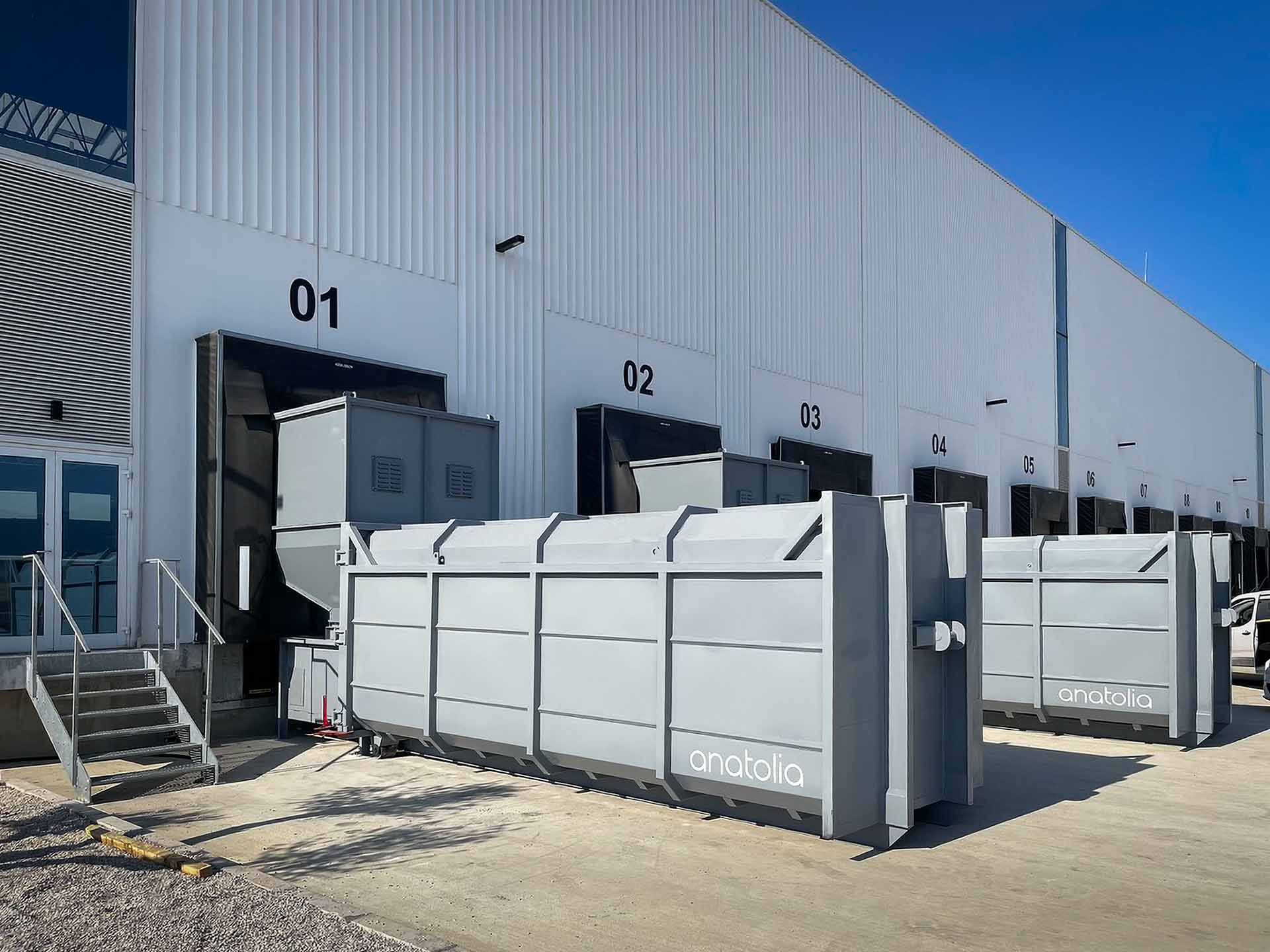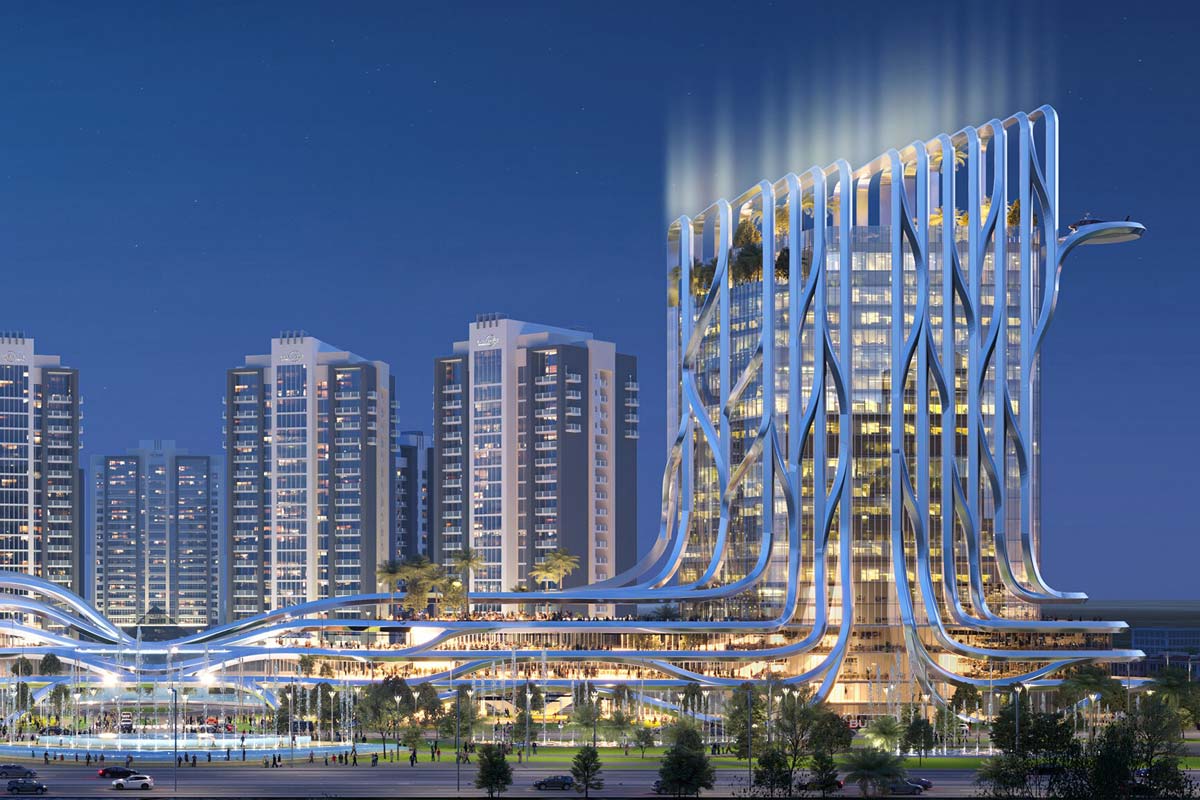
Baling technology has transformed waste management across various industries, making it more efficient and eco-friendlier. Balers, which compress recyclable and waste materials into manageable bales, are essential tools for businesses, schools, recycling facilities, and others. This blog post will explore the different types of balers available, their typical uses, and help you understand, which baler is more suitable for your specific needs.
Basic Baler Differences – Vertical and Horizontal
Before considering the specific types of balers, it’s important to understand the fundamental distinction between two common designs: vertical and horizontal balers. Vertical balers, as the name suggests, compress materials vertically. Horizontal balers, on the other hand, compress materials horizontally. The choice between these two largely depends on the volume and type of materials you need to bale. Horizontal balers are used for industrial quantities.
Mini-Balers
Mini-balers are the perfect solution for situations where you require a compact and easy-to-operate baler. They produce small, lightweight bales that are easy to handle. These machines often feature refrigerator-style doors with push-button controls and are designed to accommodate materials like corrugated cardboard, plastics, paper, jugs, and aluminium.
Typical Bale Sizes and Weights: Mini-balers like DP5 typically generate bale sizes of up to 0.4 cubic meters, with weights ranging up to approximately 60-80 kilograms, depending on the baled material.
DP10, DP20, DP30, and DP50 Balers
DP balers are classified according to their pressure force in tons, making them ideal for a wide range of applications. They are suitable for convenience stores, department stores, hospitals, restaurants, offices, utility rooms, hotels, motels, textiles, and many other businesses.
Typical Bale Sizes and Weights: DP balers typically generate bale sizes of up to 0.4 cubic meters, with weights ranging up to approximately 900 kilograms, depending on the baled material. These balers are ideal for materials like corrugated cardboard, paper, clothing, newspaper, plastic, aluminium, and non-ferrous metals.
DP60 Vertical Baler
For heavy-duty applications in manufacturing facilities, warehouses, and other facilities, DP60 vertical balers are most suitable for industrial and commercial locations since, they may handle large volumes of materials efficiently.
Typical Bale Sizes and Weights: These balers create bales that can range up to approximately 900 kilograms, depending on the baled material. They are designed to handle materials like cardboard, PET plastic, newspaper, foam, and other materials.
Each type of baler has its unique applications, and selecting the right one depends on your material needs, available space, and specific requirements. Whether you’re looking to efficiently manage cardboard, plastics, paper, or other recyclable materials, the right baler is an important tool for your waste management department.
Making Waste Valuable
Instead of viewing waste as a problem, our balers help you see a tangible asset with a market value. By properly baling and storing recyclables, you not only save space and time but also transform your waste into a source of income. Compaction and baling of recyclables are an essential step in sustainable waste management. Our all-powerful baling solutions contribute to efficient and effective waste management for your building.
- Ensures operator safety – complies with the EN 16500:2014 safety standard.
- Handles materials like cardboard, plastic foil, paper, PET bottles, aluminium, and tin cans.
- Quick, and less time spent on waste handling.
- The superior press force combined with a long stroke to achieve maximum bale weight.
- State of the art safety features.
- Large and wide feeding inlet.
- International warranty.
Choose the correct baler for your needs and start turning your waste into a valuable resource while contributing to a more sustainable and efficient waste management system.
